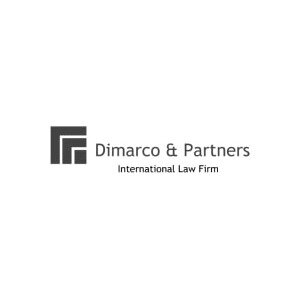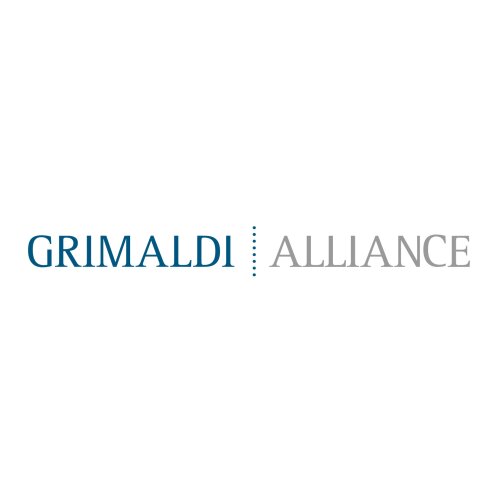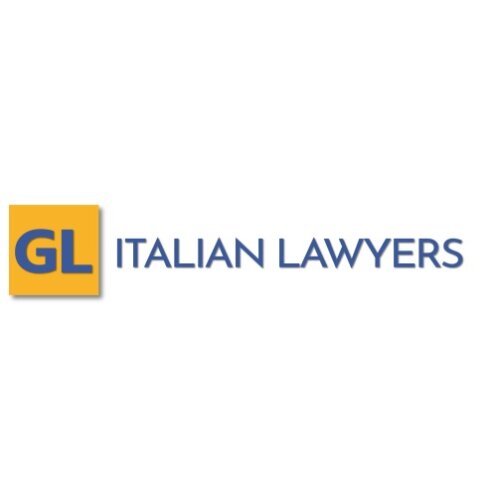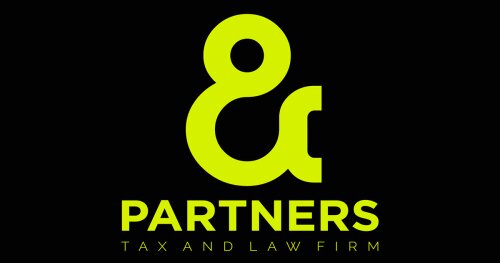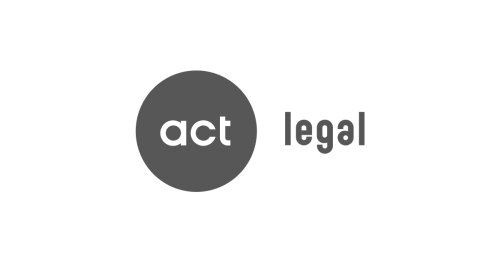Best Acquisition / Leveraged Finance Lawyers in Milan
Share your needs with us, get contacted by law firms.
Free. Takes 2 min.
List of the best lawyers in Milan, Italy
About Acquisition / Leveraged Finance Law in Milan, Italy
Acquisition and leveraged finance law in Milan, Italy, refers to the set of legal frameworks and practices that govern how companies can finance acquisitions and buyouts, often using borrowed capital. Milan, as Italy’s primary financial center, is a hub for such transactions involving private equity, corporate mergers and acquisitions, and other business restructurings. Leveraged finance typically involves using a significant amount of debt to acquire assets, with the expectation that the future cash flows or asset sales will cover repayments. The legal landscape in Milan brings together Italian law, European Union directives, and international practices, making the process both complex and regulated.
Why You May Need a Lawyer
There are several scenarios where legal assistance is crucial in acquisition or leveraged finance transactions in Milan:
- Assisting companies and investors in structuring finance for acquisitions or buyouts
- Negotiating and drafting loan agreements and collateral arrangements
- Conducting due diligence on target companies or assets
- Advising on regulatory requirements and compliance with Italian and EU laws
- Handling negotiations between multiple parties, including banks, private equity firms, and sellers
- Managing cross-border transactions involving Italian entities
- Resolving disputes or troubleshooting unexpected complications during financing
- Protecting clients against liabilities and optimizing transaction tax structures
Legal support ensures that transactions comply with local and international regulations, reduces risks, and protects your interests in complex financial arrangements.
Local Laws Overview
Acquisition and leveraged finance transactions in Milan are governed by a combination of Italian civil law, banking regulations, and EU directives. Key aspects include:
- Italian Civil Code: Sets out general rules on contracts, obligations, and security interests, applicable to loan agreements and collateral.
- Banking Act: Details the authorization, supervision, and operations of financial institutions providing acquisition finance.
- EU Directives and Regulations: Influence Italian law in areas such as anti-money laundering, capital requirements, and market abuse.
- Financial Collateral Arrangements Law: Regulates the creation and enforcement of collateral used in leveraged finance, aiming to facilitate prompt enforcement without court intervention.
- Change of Control Restrictions: Many regulated sectors (such as banking, insurance, or media) require notifications or approvals for changes in control or ownership.
- Tax Laws: Impact the structuring of acquisition financing, particularly with respect to the deductibility of interest and withholding tax issues on cross-border payments.
The structuring, negotiation, and execution of leveraged finance deals in Milan require expertise in these overlapping areas to ensure full compliance and successful deal closure.
Frequently Asked Questions
What is leveraged finance in the context of Italian law?
Leveraged finance refers to obtaining debt with the intention of acquiring a company or asset, often using that asset or company’s value as collateral. Italian law regulates how this debt is raised, secured, and serviced, prioritizing creditor protection and compliance with local banking rules.
Do I need regulatory approval for an acquisition financed by debt in Milan?
In some sectors, especially those regulated by industry authorities (like banking, insurance, or telecommunications), regulatory approval or notification is required when control changes hands through an acquisition.
Can foreign investors access acquisition finance in Milan?
Yes, foreign investors can access both local and international banks to obtain acquisition finance. However, they must comply with Italian regulations regarding money laundering, tax, and sector-specific ownership restrictions.
What kind of collateral is typically used in leveraged finance transactions?
Common collateral includes shares in the target company, real estate, receivables, and other business assets. Italian law allows for pledges and mortgages, subject to formal registration procedures.
How are acquisition finance agreements structured in Italy?
These agreements often follow the Loan Market Association (LMA) standards adapted to Italian law. They address loan terms, interest rates, covenants, security packages, and enforcement procedures.
What is the role of due diligence in acquisition finance transactions?
Due diligence assesses the target’s legal, financial, and operational status as well as the value and enforceability of collateral. This step helps reduce risks and negotiate better terms for both borrowers and lenders.
Are there restrictions on the amount of leverage allowed in Italy?
There is no general cap, but lending institutions must comply with prudential regulations, and certain sectors may impose limits. Excessive leverage can also trigger insolvency risks and affect the tax deductibility of interest.
How are security interests created and enforced under Italian law?
Security interests, such as pledges and mortgages, require formal documentation and sometimes registration. In the event of default, enforcement can proceed through judicial procedures or, for some types of collateral, simplified out-of-court processes.
What tax considerations should be kept in mind?
Interest deductibility, withholding tax on cross-border payments, and the impact of financing structures on future tax liabilities are key considerations. Consulting a tax expert familiar with acquisition finance is vital.
What should I look for when choosing a lawyer for acquisition finance deals in Milan?
Look for lawyers with experience in cross-border transactions, knowledge of local and EU regulations, expertise in negotiating and drafting finance documents, and familiarity with sector-specific issues relevant to your industry or transaction type.
Additional Resources
If you need more information or support related to acquisition or leveraged finance in Milan, consider the following helpful resources:
- Banca d’Italia - Provides guidance and oversight of financial institutions engaged in lending and acquisition finance.
- Consob - The supervisory authority for financial markets, relevant for regulatory and compliance issues in M&A and related financing.
- Italian Banking Association (ABI) - Offers industry information and regulatory updates on banking and finance matters.
- Camera di Commercio di Milano - The Chamber of Commerce in Milan, which supplies local business regulations and support for companies and investors.
- International Bar Association - Provides publications and guidelines on best practices in acquisition finance.
Next Steps
If you are considering or involved in an acquisition or leveraged finance transaction in Milan:
- Identify your goals and gather documentation about your intended transaction or target.
- Consult with a specialized lawyer experienced in acquisition and leveraged finance in Italy to discuss your needs and outline a strategy.
- Prepare for due diligence by organizing financial, legal, and operational records that may be required by lenders or investors.
- Discuss regulatory requirements and sector-specific rules that may apply to your transaction.
- Work with your legal advisor to negotiate and review all transaction documents before signing.
- Confirm all tax obligations and reporting requirements with your legal and tax advisors for a smooth closing.
Engaging a qualified legal professional at the earliest stage helps safeguard your interests and increases your chances of a successful transaction in Milan’s vibrant financial environment.
Lawzana helps you find the best lawyers and law firms in Milan through a curated and pre-screened list of qualified legal professionals. Our platform offers rankings and detailed profiles of attorneys and law firms, allowing you to compare based on practice areas, including Acquisition / Leveraged Finance, experience, and client feedback.
Each profile includes a description of the firm's areas of practice, client reviews, team members and partners, year of establishment, spoken languages, office locations, contact information, social media presence, and any published articles or resources. Most firms on our platform speak English and are experienced in both local and international legal matters.
Get a quote from top-rated law firms in Milan, Italy — quickly, securely, and without unnecessary hassle.
Disclaimer:
The information provided on this page is for general informational purposes only and does not constitute legal advice. While we strive to ensure the accuracy and relevance of the content, legal information may change over time, and interpretations of the law can vary. You should always consult with a qualified legal professional for advice specific to your situation.
We disclaim all liability for actions taken or not taken based on the content of this page. If you believe any information is incorrect or outdated, please contact us, and we will review and update it where appropriate.







